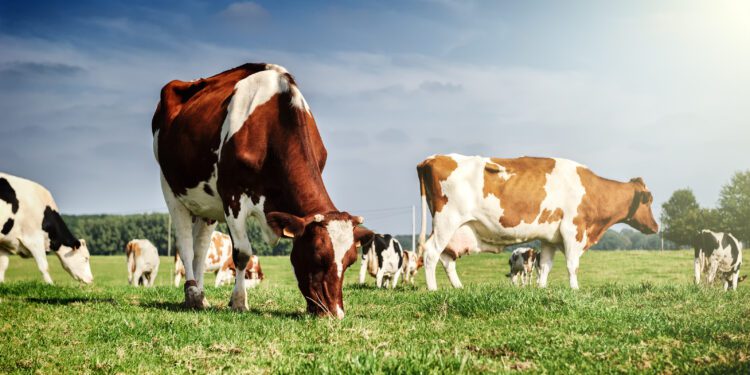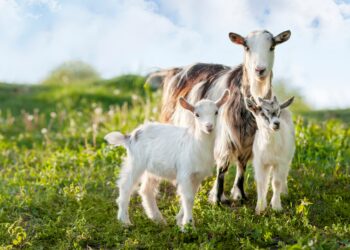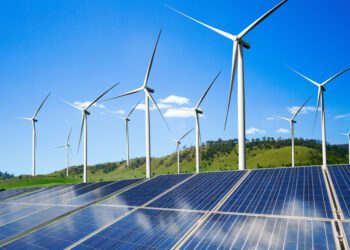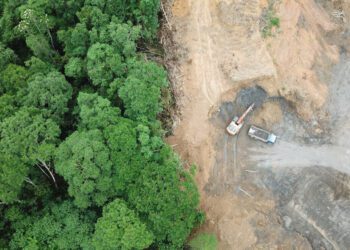A Western ranching cooperative wants to use “climate friendly” cattle to turn an area roughly the size of Massachusetts into an enormous carbon sink, KGW8 Oregon reported.
“We’re wanting to move beyond sustainability,” Dan Probert, marketing director of the Country Natural Beef ranching co-op, told the local NBC affiliate.
The Country Natural Beef cooperative includes about 100 ranches with cattle grazing on 6.5 million acres of public and private land in 11 states, KGW8 reported.
Now the co-op is teaming up with Portland-based nonprofit Sustainable Northwest to help convert its members’ rangeland to regenerative agriculture, a loosely defined collection of practices that seeks to improve the health and biodiversity of farmlands.
“If we can increase [stored] carbon, even a little bit, across those 7 million acres, that will be a ginormous impact on the climate,” Dallas Hall Defrees, of Sustainable Northwest, told KGW8.
Cattle are a leading source of greenhouse gas emissions from agriculture — particularly the potent pollutant methane, according to research from the University of California Davis.
But while dietary changes can cut down on the cattle’s methane-releasing burps, the extensive sweep of Western ranchlands also creates a huge area that can be used to “draw down” carbon dioxide, researchers have found.
One method proposed by the co-op: keeping cows moving along the range, so that they don’t eat grasses down to the roots.
“If we allow a plant to fully recover before we graze it, that is the practice that allows us to actually put carbon back in the soil,” Probert told KGW8.
If Country Natural Beef members are able to increase their carbon storage — and therefore the health of their lands — the practice will spread, Hall Defrees, of Sustainable Northwest, told KGW8.
“I think once people start looking across their neighbor’s fence and start seeing ‘wow their grass, their land is actually looking better. Maybe I should pay attention to what they’re doing,’ I really think this will start snowballing,” she said.
Courtesy The Hill. By Saul Elbein and Sharon Udasin. Article available here.











